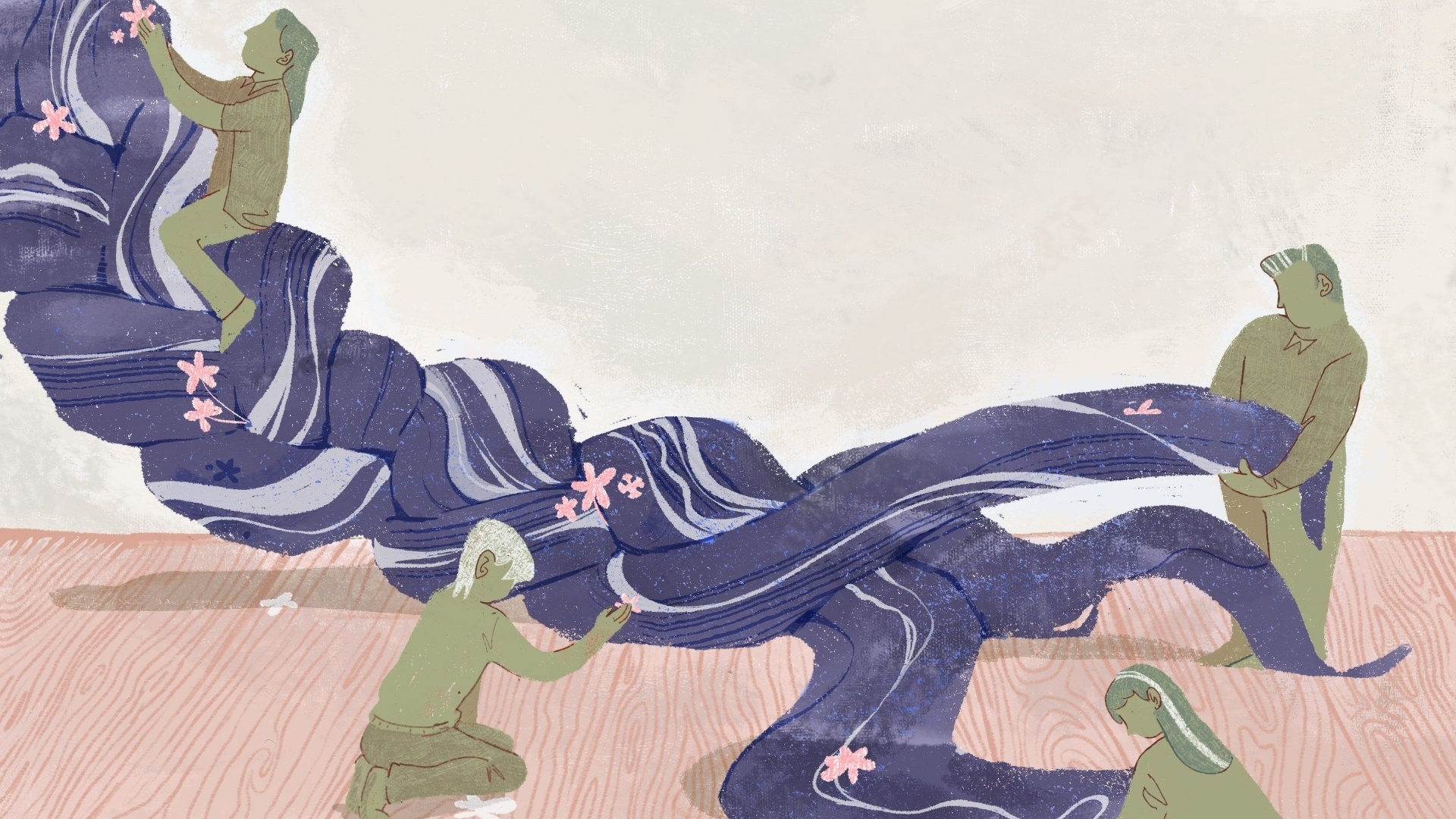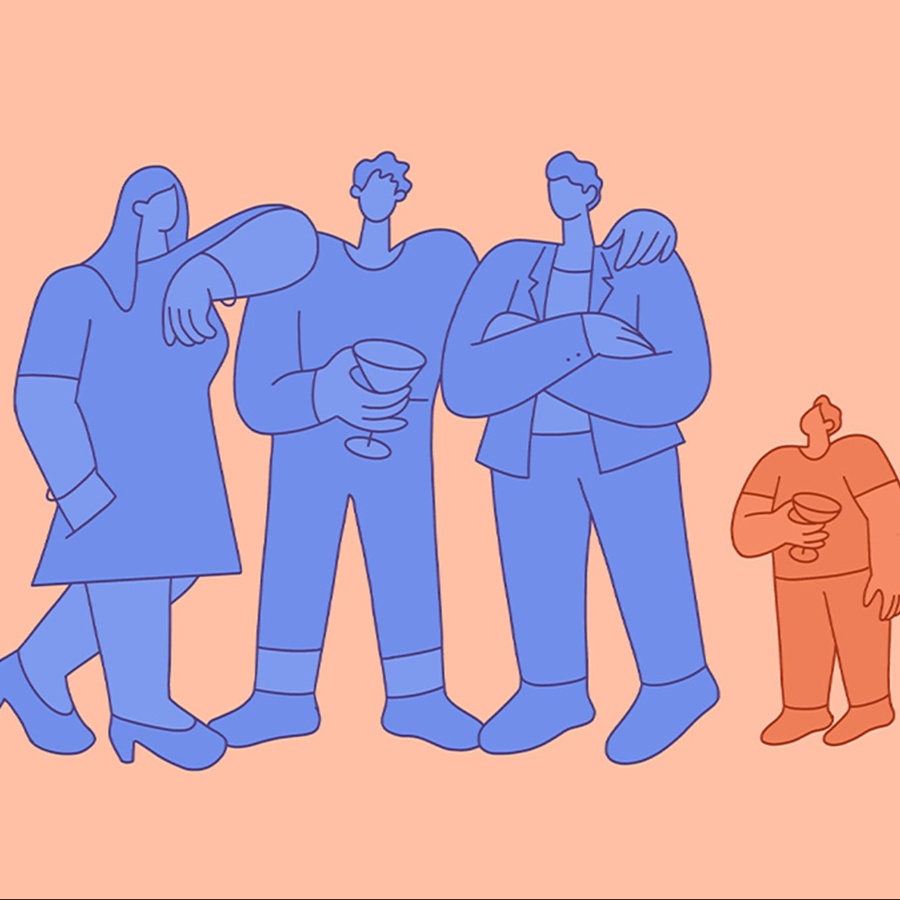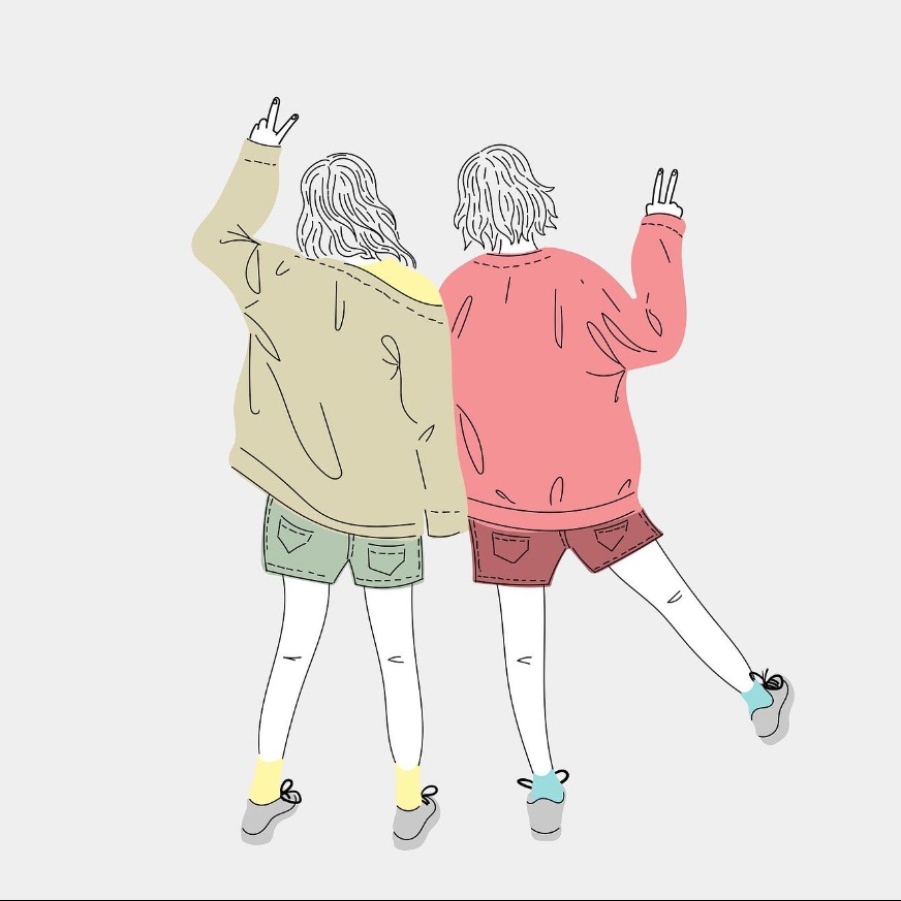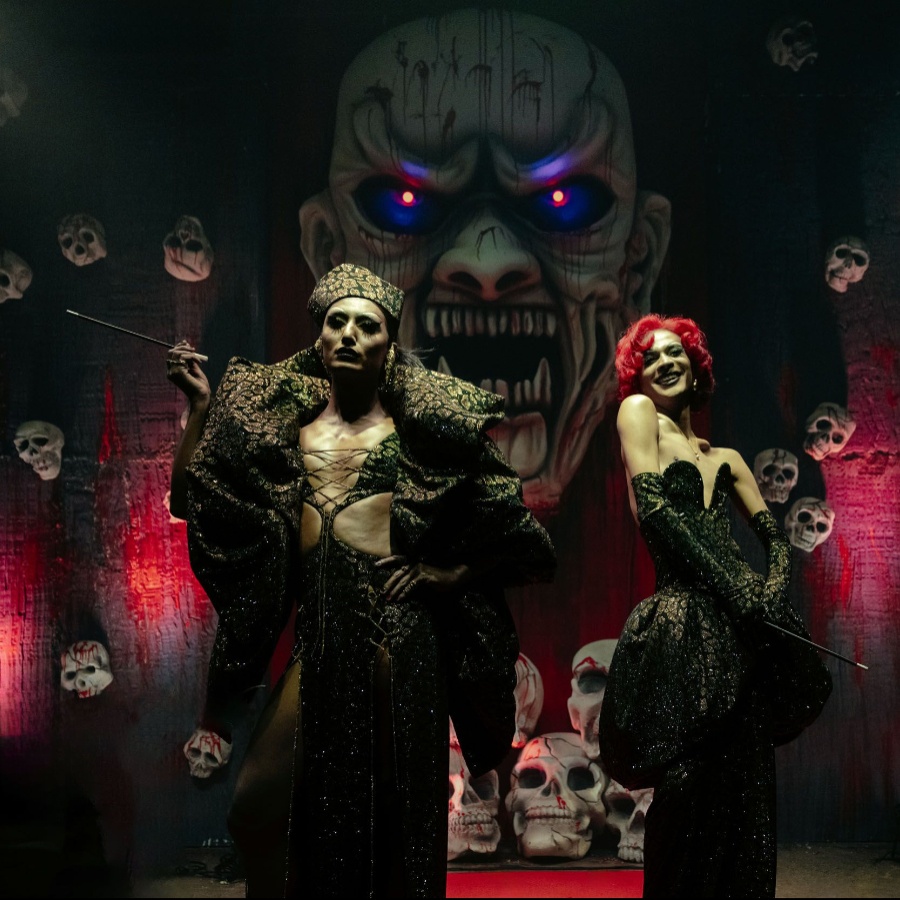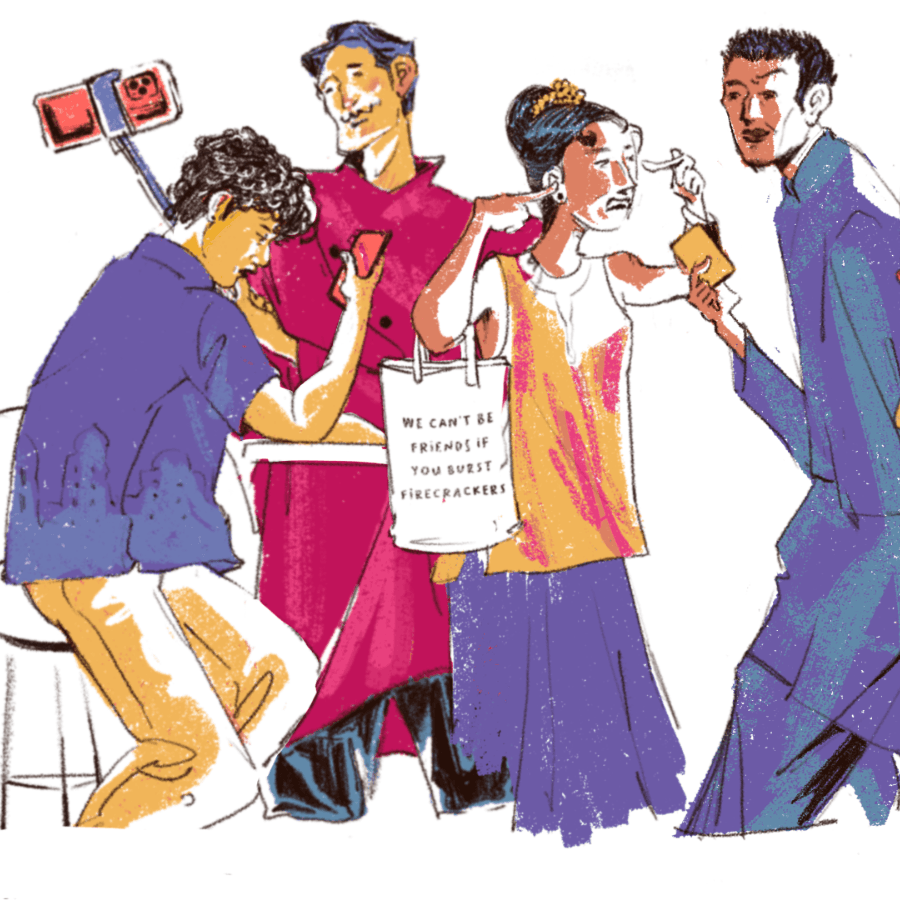This summer, my friends and I decided to celebrate our collective 40th birthdays with a trip. The five of us first met in journalism school 18 years ago, and when we decided to get together (in Goa, where else?), it was like no time had passed—but it was also very apparent that almost two decades had. For one thing, we now deemed 11:30 pm a very late night and the mention of tequila shots made us nauseous.
On our last night together, we stayed up talking till dawn. While I was the recently married, one of us was gathering the courage to file for divorce. Another shared bits from her time as her mother’s caretaker through cancer, while the new mom in the group talked about her full-blown identity crisis at her long-held corporate job. In between there was a voice extolling the benefits of gut-health treatment at an Ayurvedic retreat that another friend visited recently.
To say that we had grown up would be stating the obvious—as ‘elder millennials’, we went from landlines, cassettes, and repressed mental health to AI, Instagram, and therapy-as-a-way-of-life in the blink of an eye. What hit me was that we were all women hitting middle age and these were our midlife crises! Ask any of us our reference for a midlife crisis and we’ll say an ageing man driving a red Porsche, or Meryl Streep and Goldie Hawn battling age out in Death Becomes Her. From Archie comics to Friends, most of our pop-culture references from the ’90s halt at the mid-30s mark—but somewhere between Sex and The City and Frasier, we were meant to find our sit-com template.
There is something so middle about the mid-life crisis—an expanding mid-section, the hairline receding to the middle of your head, being painfully stuck in the middle of providing for young kids and ageing parents. Unlike our parents, millennial lives (uniquely divided into pre- and post-internet eras) have been anything but linear. Most boomers in India did have a similar trajectory of life stages—job, marriage, and kids who finally brought them to that clichéd point of confusion and consumerism. So a whole generation of us saw our boomer dads shave their moustaches off, while our boomer moms traded henna for hair colour.
Bring a group of elder millennials together, and they may have nothing in common about where they are in life—I moved to Goa in search of a slower life at 36 and got married at 38, while my friends are on their first divorces, second careers, and third kids. But the list of existential questions is similar: Am I saving enough for retirement? Why don’t my friends have time for me anymore? Am I pregnant or is this menopause?
Add to that the pressures of living through a pandemic, and in the age of global warming, multiple ongoing wars, and rising pollution in Indian cities, and you have a recipe for our very own unique and layered crisis.
Bring a group of elder millennials together, and they may have nothing in common about where they are in life—I moved to Goa in search of a slower life at 36 and got married at 38, while my friends are on their first divorces, second careers, and third kids. But the list of existential questions is similar: Am I saving enough for retirement? Why don’t my friends have time for me anymore? Am I pregnant or is this menopause?
The good news is we’re confronting our mental health as conversations today become more honest, and there is help available, if you decide to take it. “When the first birthday greeting you get is from your therapist followed by your financial advisor, you know that you are 40,” laughs Sunaina Sharma, a Delhi-based media executive, who has worked for a television network for almost a decade and loves her job. Now mid-career, when her company offered senior employees an opportunity to have a career coach, she grabbed it. “I feel like I now want my work to have an element that is more meaningful, so I can make a difference in someone’s life,” she says.
In the Deloitte 2024 Gen Z and Millennial Survey, one of the key findings about millennials was that “purpose influences their workplace satisfaction”. Three years ago, Radhika Dhawan, now 41, folded her fashion consultancy business and started studying to be a transformational business and mindset coach. “I loved my work, but I felt like I could be making more of an impact. Though it has been harder than I thought. If I have to reflect on it, this was my midlife crisis. I was feeling jaded, I was making money, but I felt like my personal growth had stopped,” she says.
Today 40 seems to be about growth and making tough decisions. What’s undeniable is one of the best things that comes with this growth—credit cards in their premium category. “They are all metal credit cards, if you please,” says Sharma. This is important because, compared to our western counterparts who are panicking about financial precarity, job instability, and difficulty saving for the future, according to The Guardian, urban millennials in India seem to be doing all right financially. According to surveys by Mint, millennials are considered the “holy grail for consumer focussed businesses, [and] understanding them is part of understanding India.” Their findings reveal that urban Indian millennials are more likely to purchase high-value assets such as apartments and cars, compared to those born before 1981. Sharma bought her first apartment last year in her mother’s building so she and her husband could get help raising their two-year-old daughter while working full-time. This year, she also treated herself to her first Cartier bracelet.
What’s unique about Indian millennials is that they are also the most purpose-driven and environmentally conscious generation; many are using their bucks to buy themselves sustainable lifestyles and moving to smaller places close to the beach or the mountains. Healthy food, spirituality, skincare, and gym memberships seem to be the millennial Porsche. NGL, I am more excited about my new Analemma Water wand than the next Fenty Beauty drop. “Your body definitely changes. You start feeling your mortality, and everything hurts,” says Karan Nevatia, 42, who runs a business of luxury vacation home co-ownership. Niraali Parekh, 42, founder of Bokaap Design, started going to meditation retreats in the mountains three years ago and learned reiki when she turned 40. “These groups are mostly millennials,” she adds.
Personally, for the first time, I’m spending more on a Pilates trainer and L Glutamine supplements than on shoes. I went through my midlife crisis a few years earlier than my friends and can safely say that today, my values are clear, my relationships are stronger, and despite the extra pounds, I’m more confident in my skin. And that’s the hidden gift of midlife that all of my friends agreed on that night—the knowledge of self and the dropping away of FOMO.
As for the younger urban millennials on their way to this landmark? Just enjoy pickleball, and padel away until you’re here!
